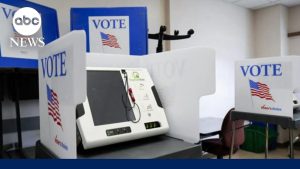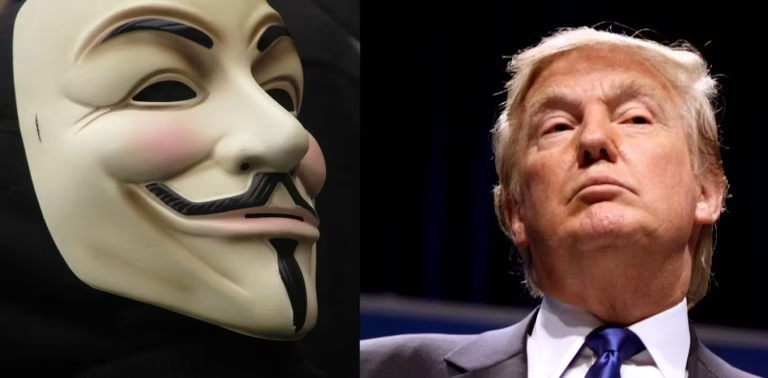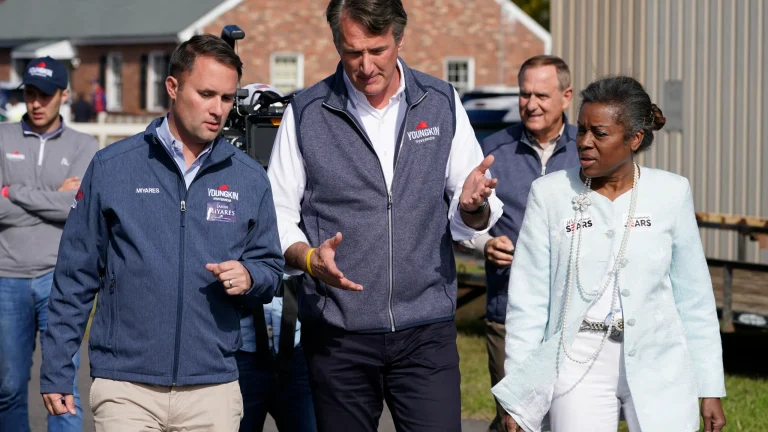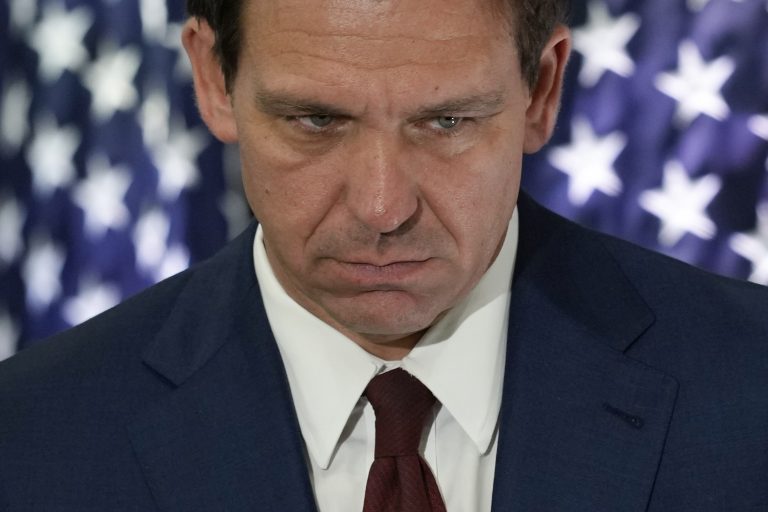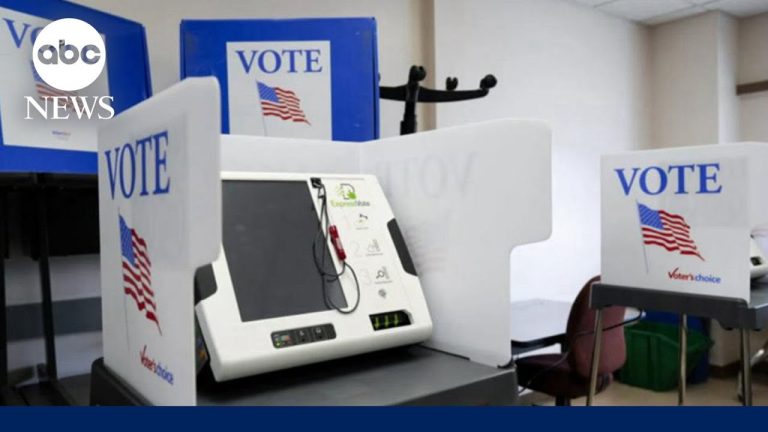The old, white, rich men who are buying this election.
-By Frank Rich
April 22, 2012- If you want to appreciate what Barack Obama is up against in 2012, forget about the front man who is his nominal opponent and look instead at the Republican billionaires buying the ammunition for the battles ahead. A representative example is Harold Simmons, an 80-year-old Texan who dumped some $15 million into the campaign before primary season had ended. Reminiscing about 2008, when he bankrolled an ad blitz to tar the Democrats with the former radical Bill Ayers, Simmons told The Wall Street Journal, “If we had run more ads, we could have killed Obama.” It is not a mistake he intends to make a second time. The $15 million Simmons had spent by late February dwarfs the $2.8 million he allotted to the Ayers takedown and the $3 million he contributed to the Swift Boat Veterans demolition of John Kerry four years before that. Imagine the cash that will flow now that the GOP sideshows are over and the president is firmly in Simmons’s crosshairs.
His use of the verb killed was meant in jest, of course, much as Foster Friess ($1.8 million in known contributions, and counting) was joking when he suggested that “gals” could practice birth control by putting Bayer aspirin between their knees. America’s billionaires are such cards! And we had better get used to their foibles and funny bones. Whatever else happens in 2012, it will go down as the Year of the Sugar Daddy. Inflamed by Obama-hatred, awash in self-pity, and empowered by myriad indulgent court and Federal Election Commission rulings, an outsize posse of superrich white men will spend whatever it takes to have its way with the body politic and, if victorious, with the country itself. Given the advanced age of most of this cohort, 2012 may be seen as the election in which the geezer empire struck back.
This isn’t quite what was supposed to happen. When the Supreme Court handed down its five-to-four Citizens United decision in 2010, pre-vetting Mitt Romney’s credo that “corporations are people,” apocalyptic Democrats, including Obama, predicted that the election would become a wholly owned subsidiary of the likes of Chevron and General Electric. But publicly traded, risk-averse corporations still care more about profits than partisanship. They tend to cover their bets by giving to both parties. And they are fearful of alienating customers and investors. Witness, most recently, the advertisers who fled Rush Limbaugh, or the far bigger brands (McDonald’s and Wendy’s, Coke and Pepsi) that severed ties with the conservative lobbying mill responsible for pushing state “stand your ground” laws like the one used to justify the shooting of Trayvon Martin in Florida. While corporations and unions remain serious players in the campaign of 2012, their dollars don’t match those of the sugar daddies, who can and do give as much as they want to the newfangled super-PACs.
Sugar daddies—whom I’ll define here as private donors or their privately held companies writing checks totaling $1 million or more (sometimes much more) in this election cycle—are largely a Republican phenomenon, most of them one degree of separation from Karl Rove and his unofficial partners in erecting a moneyed shadow GOP, David and Charles Koch. At last look, there were 25 known sugar daddies on the right (or more, if you want to count separately the spouses and children who pitch in). You’ve likely heard of Sheldon Adelson, the Vegas tycoon who is Benjamin Netanyahu’s unofficial ambassador to the GOP. But you may be less familiar with Irving Moskowitz, the bingo entrepreneur who funnels his profits into East Jerusalem settlements. Or Robert Mercer, the hedge-fund master of “flash trading” who poured a clandestine $1 million into ads attacking the “ground-zero mosque” and nearly another $3 million into a scale-model railroad in his Long Island mansion. Or Steven Lund, the co-founder of Nu Skin, which became “direct selling” sponsor of the Romney-run 2002 Winter Olympics after having spent much of the nineties settling complaints over false advertising and other unscrupulous practices with the Federal Trade Commission and six different states’ attorneys general.


